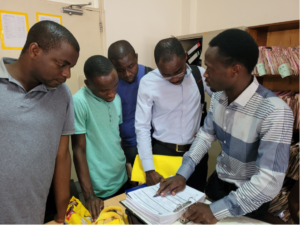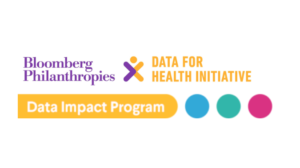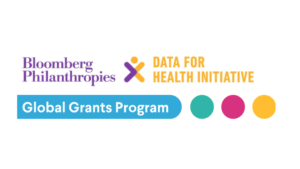The Cancer Registry Program supports selected countries in establishing and bolstering population-based cancer registries to track cancer data, which allows countries to better understand the burden of prevailing cancers within their borders and respond effectively. Each country collaboration focuses on a combination of strengthening existing registries, building new ones where appropriate, and offering technical assistance and training activities. Our goal is to support a sustainable registry system that informs data-driven planning, including informing cancer control and prevention activities, prioritization and budgeting, and policy development.
Why It Matters
- 15 population-based cancer registries are supported by Vital Strategies.
Focus Areas
- Infrastructure and staff support to strengthen existing registries or new registries according to international best practices
- Technical assistance at site- and national-level for procedures, plans, reports and analyses
- Training on registry methods, approaches and techniques
- Establish cancer registry coordination centers in Africa to convene African cancer registry expertise, foster cross-center collaboration, and as a platform for African experts to provide technical assistance and strengthen capacity throughout the continent.
About the Data for Health Programs
The Data for Health Initiative is a global effort supported by Bloomberg Philanthropies. The Initiative provides technical and financial assistance to low- and middle-income countries worldwide to improve public health data.
Vital Strategies serves as an implementing partner in the Initiative, with several programs related specifically to data improvement and public health intelligence: The Civil Registration and Vital Statistics (CRVS) Program assists governments in strengthening their systems for counting every birth and death and for monitoring the causes of death; the Data Impact Program supports governments to maximize the use of data to enhance public health policymaking and decision-making; the Cancer Registries Program provides assistance to governments in establishing and strengthening population-based cancer registries; and the Global Grants Program provides funds to government and local experts to implement discrete projects focused on data for public health decision-making.
The various Data for Health programs support country partners to strengthen data systems including a focus on gender equity, and all have worked in collaboration to produce guidance and technical assistance on COVID-19 for government partners, enabling them to better measure the scale of the crisis within their borders and execute a data-driven response.
Latest News from Cancer Registry Program
- Expert Q&A 10.11.2023
- Vital Stories 10.11.2023




